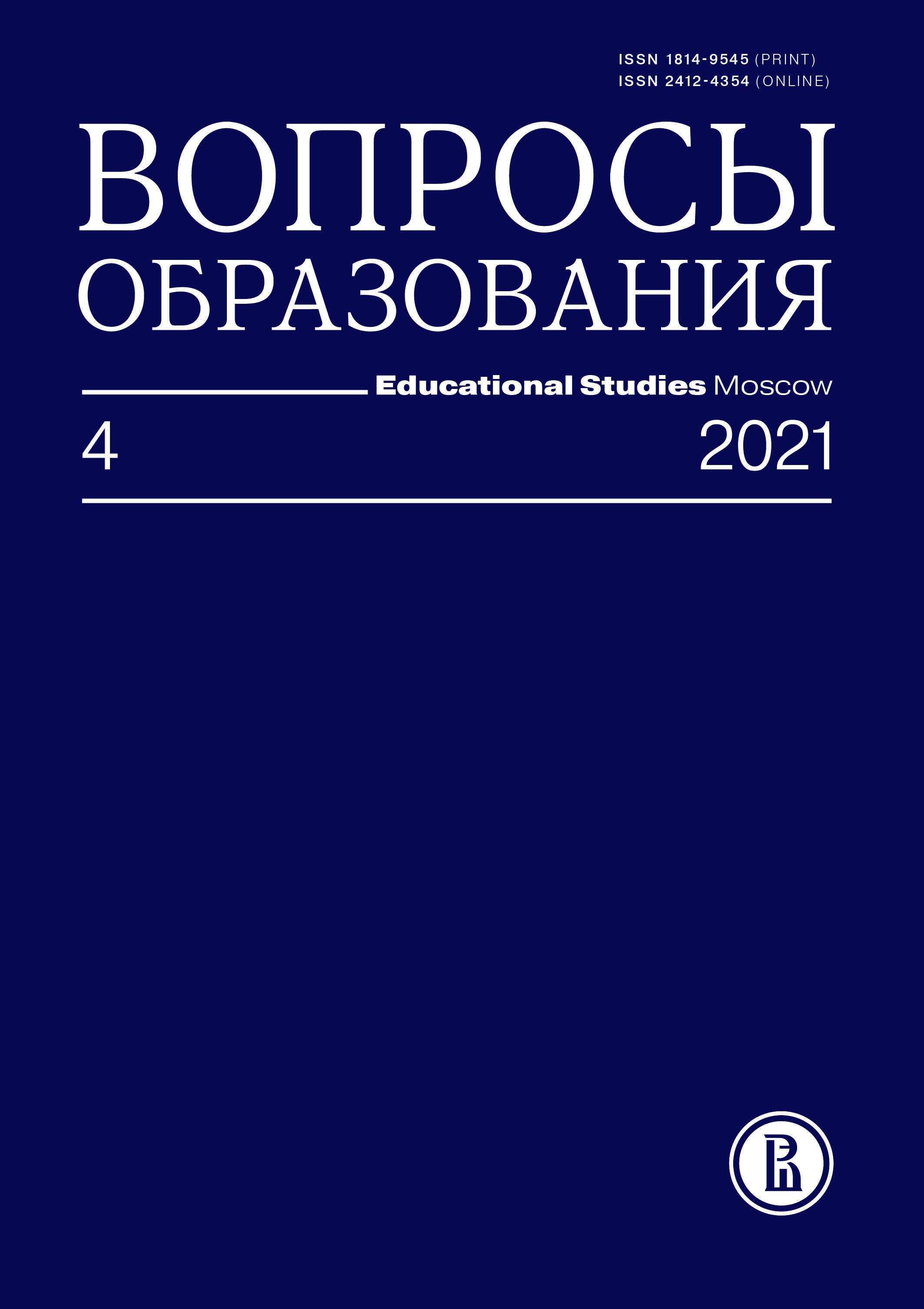Некогнитивные характеристики и выбор в сфере высшего образования
Аннотация
Некогнитивные навыки, формирование которых обусловлено генетикой и ранними этапами социализации, являются важным компонентом человеческого капитала, влияющим на многие экономические и социальные результаты деятельности человека в течение его жизни. Одним из каналов влияния в данном случае может выступать индивидуальный образовательный выбор. Исследование фокусируется на вкладе некогнитивных навыков в выбор траектории в высшем образовании: в наличие намерений продолжать обучение в вузе, вероятность получения высшего образования, выбор направления обучения и уровня селективности вуза. Эмпирической основой исследования послужили данные Российского мониторинга экономического положения и здоровья населения НИУ ВШЭ за 2011 и 2016–2018 гг. Для оценки некогнитивных навыков используются две наиболее влиятельные психологические концепции—Большая пятерка и локус контроля. Анализируются образовательные намерения подростков в возрасте 15–19 лет, а также состоявшийся образовательный выбор молодежи в возрасте от 23 до 29 лет. Для анализа используются пробит-модели, мультиномиальные и упорядоченные логит-регрессии. Установлено, что ключевыми с точки зрения образовательных намерений и результатов являются такие психологические факторы, как открытость новому опыту, невротизм, добросовестность и внутренний локус контроля, однако результаты варьируют в зависимости от социально-экономических характеристик и пола респондентов.








